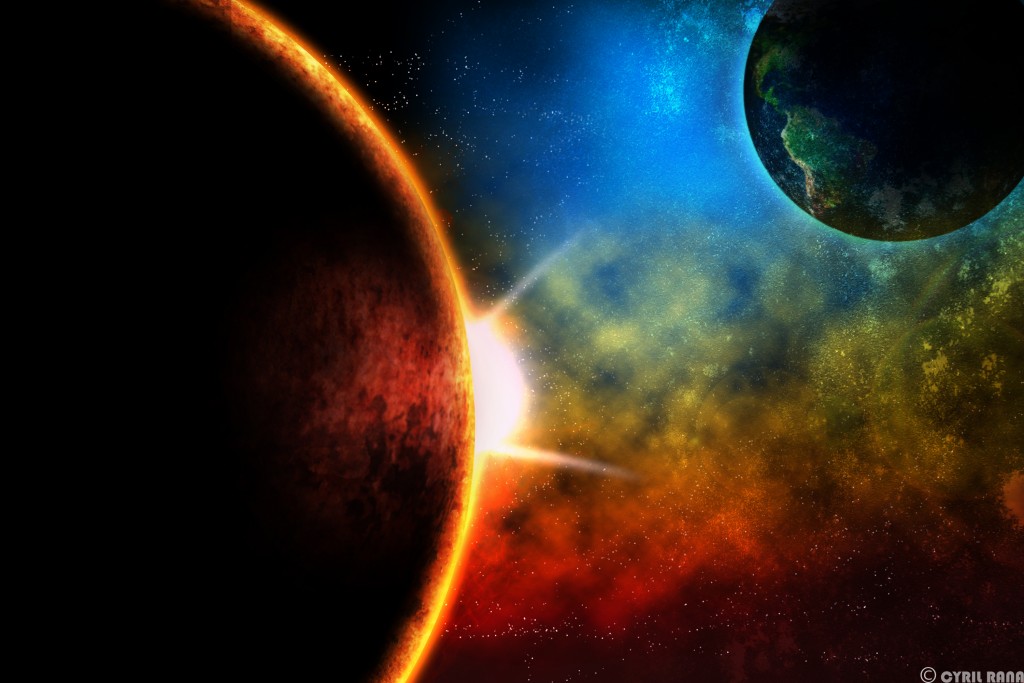By Maria Buganska (Contributor) – Email

Recent discoveries of water on Mars have led scientists to believe life can be sustained on the Red Planet — so much so that NASA is planning their first trip for a team of brave space pioneers by the 2030s.
First off: cool! I mean, for you wanderlusters out there, imagine traveling into the cosmos, the unknown; literally out of this world! No petty tourist traps, no crowds ruining your explorer vibes, and most importantly, no selfie-sticks being shoved into your eyeball when you just want to enjoy the damn sunset (I speak from experience). Obviously, at this time no one can just fly to Mars for a vacation, but that didn’t stop a whopping 78,000 people in 2013 from applying for the Mars One project to colonize the planet. These people willingly signed up for a chance to go forever to a planet no man has ever encountered! Talk about brave, or maybe just crazy.
But what if, other than their wild curiosity, these people have a reason to want to ditch the Earth? Mother Earth has existed for about 4.6 billion years. Let’s scale that to 46 years. If we do that, humans have been here for four hours; the Industrial Revolution started one minute ago, and in that time (according to the World Resources Institute), we have destroyed 80 per cent of the world’s forests — and that’s not even including the countless species and micro-organisms that we’ve wiped out from the natural equilibrium.
In a talk earlier this year, Stephen Hawking said, “We must continue to go into space for the future of humanity … I don’t think we will survive another 1,000 years without escaping beyond our fragile planet.” Taking into account not only what we’ve done to our environment, but to our fellow humans, Hawking does, in fact, have a point. Even a few glances at the news or a couple pages of a history textbook could make you shudder at the inhumanity humans have demonstrated. But what about Mars? What if it doesn’t want to deal with our destructive antics? I know, I know, Mars is just a rock. Volcanic basalt rock to be precise — but who does it belong to? Apparently to no one of equal importance to us humans, which is why we can just take it, colonize it, and infect it with our notions of quality life.
It’s not like the whole world is moving to Mars and abandoning Earth, but with so much effort and expenditure (approximately $6 billion for Mars One’s initial mission, and some critics say even that number is too optimistic), I can’t help but think that these spritely brains and enormous costs could instead make our lovely little Earth more pleasant by making sustainable choices. Have we not disrespected nature enough down here, or shall we keep monopolizing whatever other land we can obtain? I can only hope that whatever ownership or extensive missions NASA plans to carry out are safe not only for themselves, but also for the unsuspecting Red Planet they’ve deemed worthy of exploration.


